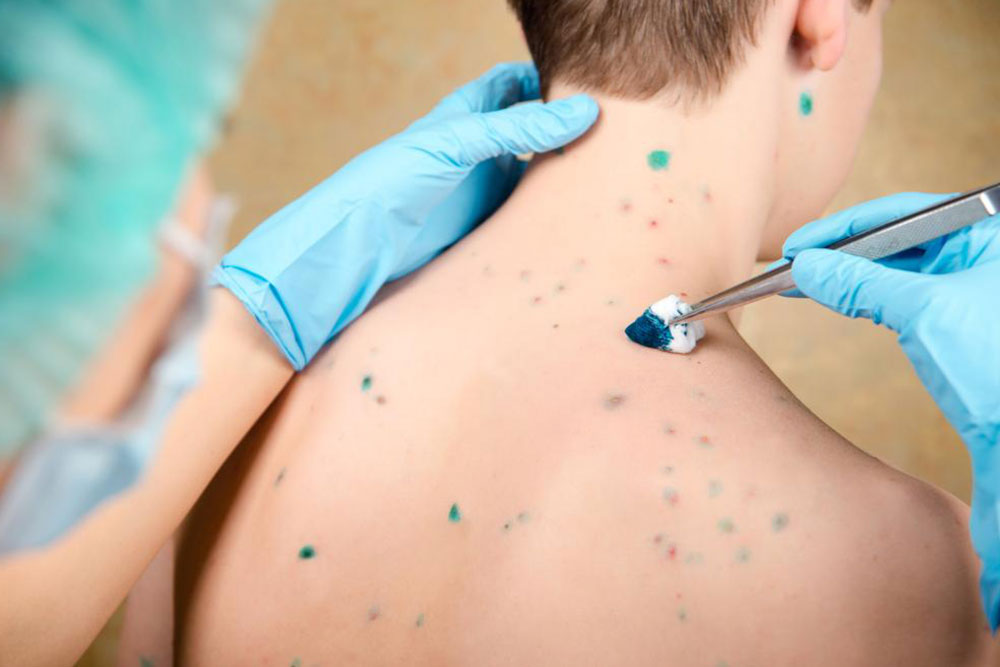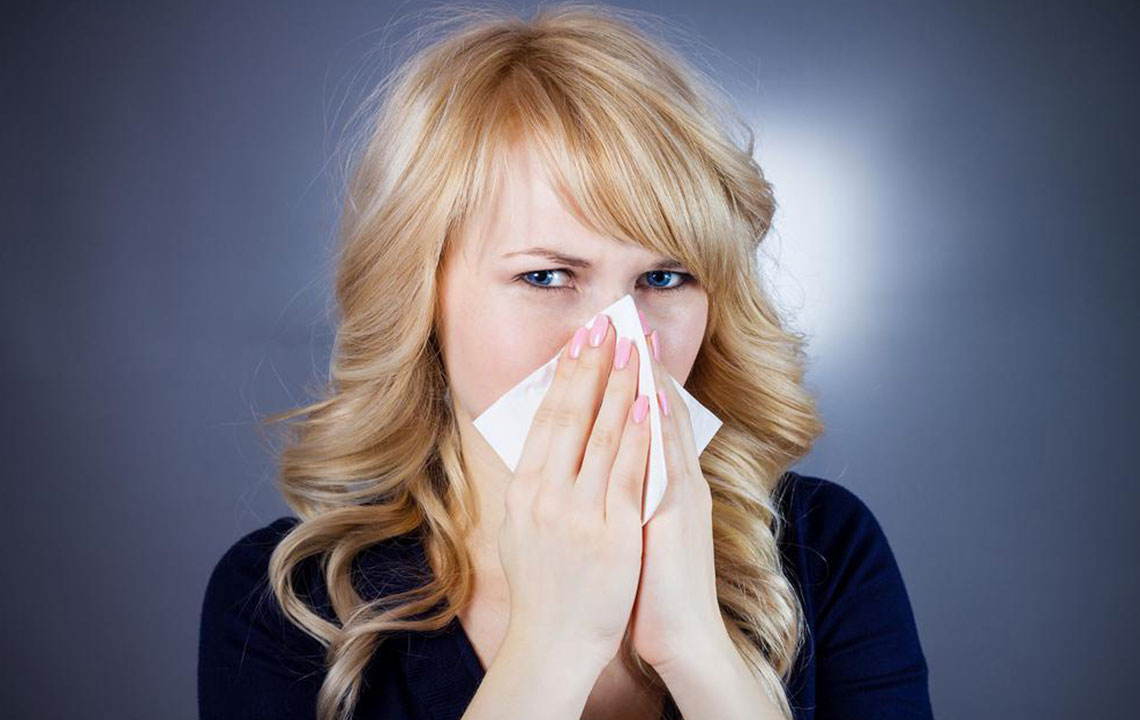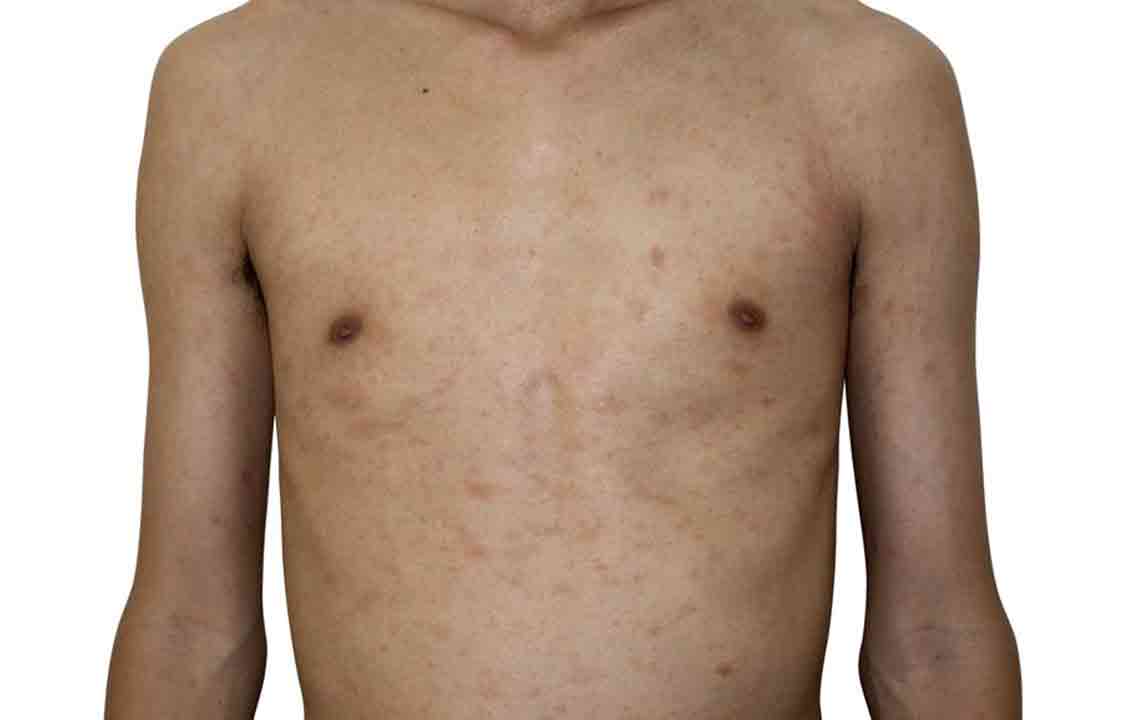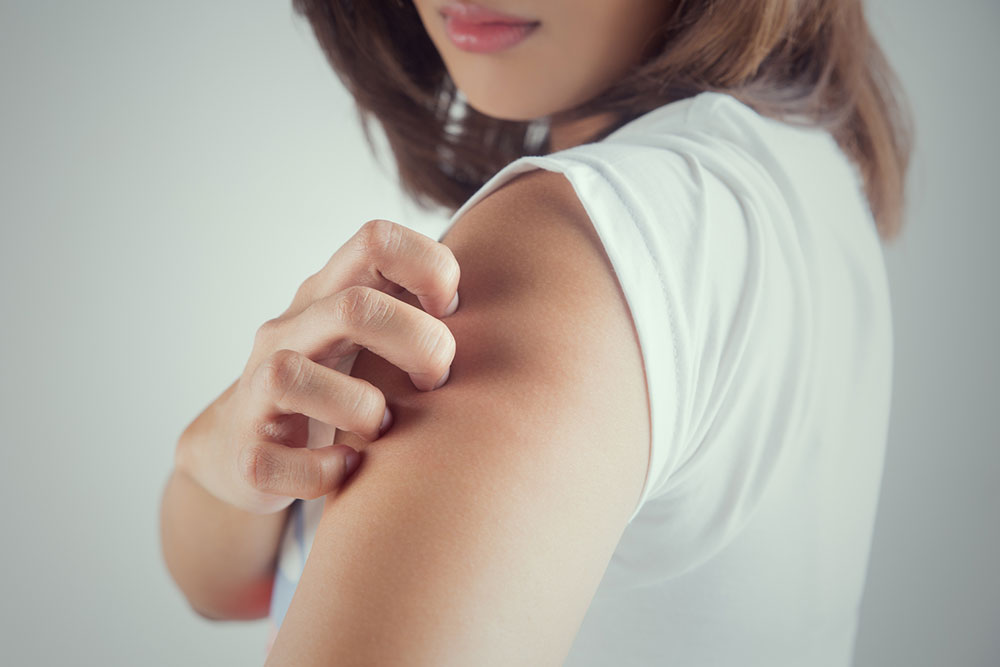Comprehensive Guide to Managing Skin Rashes and Remedies
This comprehensive guide explores skin rashes and their treatments, including medications, home remedies like oatmeal, apple cider vinegar, and chamomile. It emphasizes the importance of proper diagnosis and professional consultation for effective management. Learn about soothing remedies and how moisturizers can prevent irritation, ensuring quick relief and healthier skin.
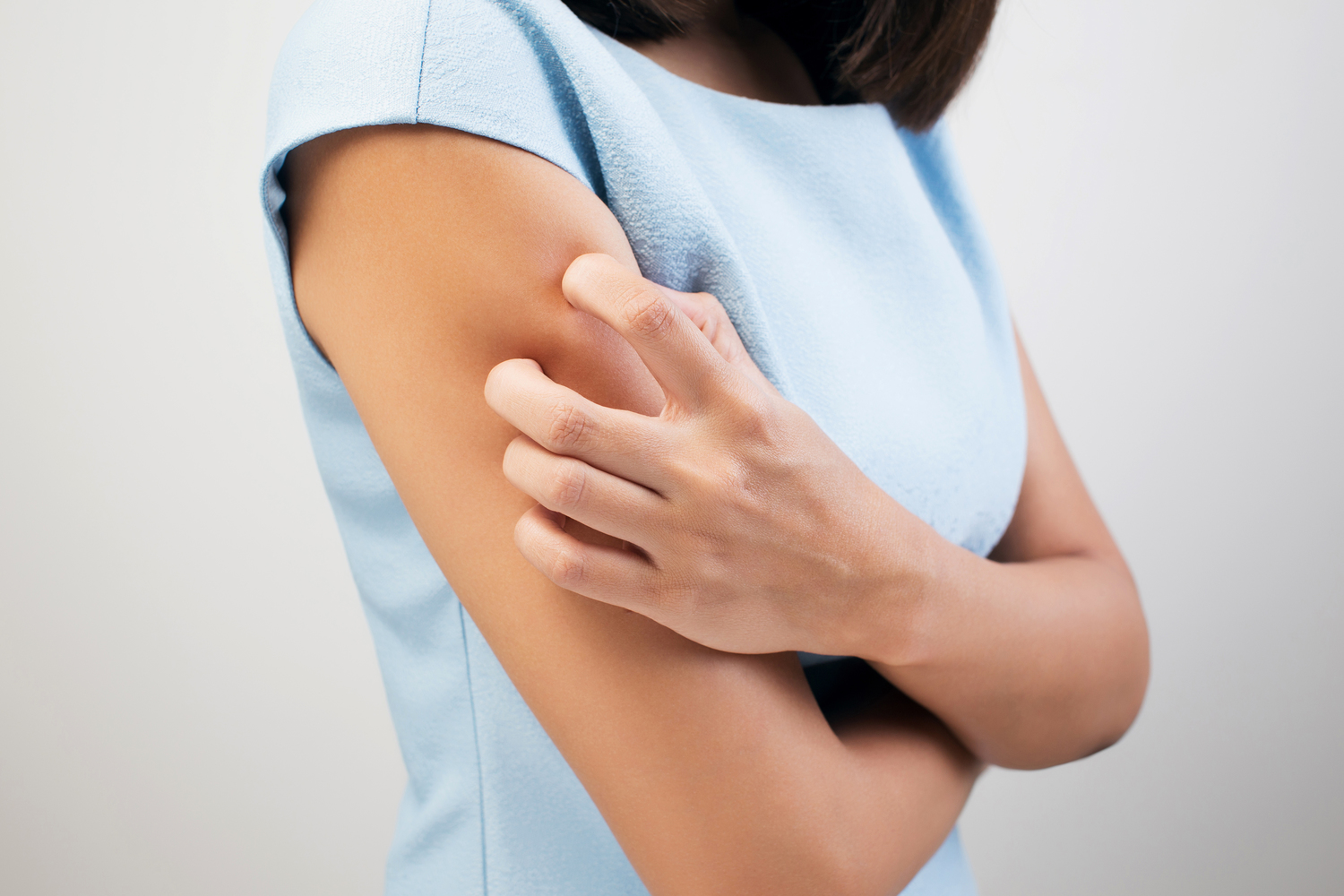
Understanding Skin Rashes and Their Treatment Options
Understanding Skin Rashes and Their Treatment
Skin rashes are widespread skin reactions that can appear as various types of outbreaks on the skin. They can affect individuals of all ages, from infants to the elderly, and most people will experience some form of rash during their lifetime. There is a broad spectrum of causes and medical diagnoses associated with skin rashes. Dermatologists are skin specialists who diagnose and manage persistent or complex rashes that require expert intervention.
Common Medications for Skin Rash Treatment
Several oral and injectable treatments can help manage skin conditions, including:
Antibiotics: Used for bacterial skin infections; common options include dicloxacillin, tetracycline, and erythromycin.
Antifungal medicines: Oral antifungals like fluconazole and itraconazole are prescribed for severe fungal infections; terbinafine is often used for fungal nail infections.
Antiviral drugs: Medications such as acyclovir, valacyclovir, and famciclovir treat herpes-related skin issues and shingles.
Corticosteroids: Topical or systemic steroids are effective for inflammatory and autoimmune skin conditions, helping reduce swelling and irritation. Dermatologists prefer topical forms to minimize side effects.
Immunosuppressants: Drugs like azathioprine and methotrexate are reserved for severe cases of psoriasis and dermatitis.
Biologic therapies: These advanced treatments target specific immune pathways, with options like adalimumab used for psoriasis and other chronic skin conditions.
Enzyme inhibitors: Medications such as apremilast help modulate immune responses to control inflammation.
Retinoids: Drugs like acitretin help reduce skin cell proliferation in severe psoriasis cases.
How Oatmeal Benefits Skin Rashes
Oatmeal effectively soothes irritated skin due to its anti-inflammatory and calming effects.
It is particularly helpful for rashes caused by poison ivy, eczema, chickenpox, sunburn, or allergic reactions.
Oats act as a humectant, moisturizing the skin and containing compounds that suppress inflammation.
For relief, mix finely ground oats with warm water and soak for several minutes—avoid boiling water to prevent irritation.
For facial rashes, combine oats with plain yogurt and honey, then apply as a soothing mask.
Using Apple Cider Vinegar for Skin Rashes
Apple cider vinegar is a natural remedy known to reduce itching and discomfort from rashes.
Its acetic acid helps combat skin sensitivities and infections.
Apply a cotton ball soaked in diluted apple cider vinegar to the affected area.
If irritation occurs, dilute further or discontinue use.
It also helps hydrate dry skin by restoring the skin’s pH balance and increasing moisture levels.
Chamomile’s Role in Easing Skin Rashes
Chamomile is widely used to soothe rashes, thanks to its anti-inflammatory, anti-irritant, and antibacterial properties.
It relieves itching, calms inflamed skin, and promotes healing.
To use, soak a cloth in chamomile tea and place it over the rash as a compress, changing it a few times daily.
Alternatively, add a few drops of chamomile oil to a carrier oil like coconut oil and apply to the affected area.
The Importance of Moisturizers in Skin Rash Relief
Moisturizers are essential for treating dry skin rashes.
Choosing an over-the-counter moisturizer and maintaining skin hydration after application can significantly reduce irritation.
Proper moisturization helps soothe discomfort and prevents further dryness or cracking.
For effective treatment and quick relief, consult a healthcare professional. Remember, accurate diagnosis and personalized treatment plans are key to managing skin rashes effectively.

